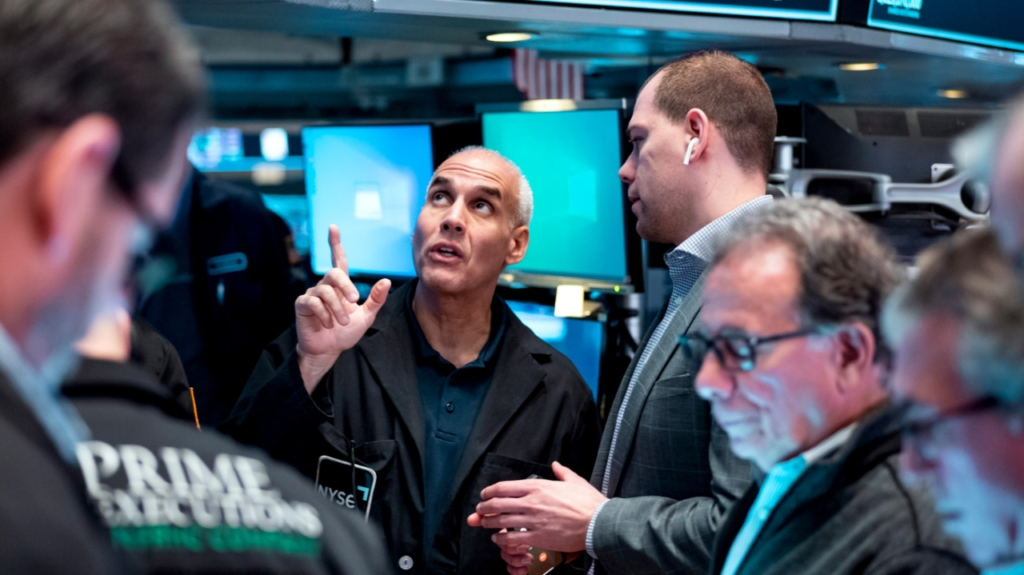Financial markets are up in arms about the fallout of the recent collapse of two U.S. banks and are concerned that this is just the tip of the iceberg. The unrest has raised two important questions:
The current problems are not at all surprising. Interest rates have been kept at artificially ultra-low levels for many years and, during this period, far more money was created than the economy was able to absorb. As a result, investments have become increasingly risky. However, interest rates have risen very rapidly in the last year. As a result, losses on bonds have increased considerably and those who have borrowed vast amounts at low-interest rates in recent years and who are suddenly confronted with higher interest rates could easily incur major losses.
In addition, the yield curve has become strongly inverted — short-term interest rates exceed long-term interest rates — as a result of which additional losses are being suffered by parties who lend long-term and borrow short-term. The latter also applies to banks that could suffer a double whammy when borrowers can no longer meet interest and repayment obligations due to a recession, or simply because of the higher interest rates.
Currently, there are no specific indications that there are major problems at many other banks. However, many people believe it is only a matter of time before the problems will spread. Central banks have indicated that they want to continue raising their rates. This will result in very low economic growth, if not a recession. In other words, problems are around the corner. This could easily lead to a self-fulfilling prophecy. Banks may impose more restrictions when supplying credit to each other. It would therefore make sense for the Fed, and probably also for the ECB, to take a step back now. At the very least, they would have to be far more cautious about further rate hikes.
However, it remains to be seen whether central banks will have much scope for this now. Especially since once again U.S. consumer prices rose considerably in February. Indeed, if central bankers stepped down their tightening pace, (the) inflation (mindset) would take too strong a hold. The extent to which they are prevented from reducing their tightening pace or even easing their policies strongly depends on how strong the growth data and how high the inflation data will come out in the period ahead. At this point, we still assume that the figures will remain fairly high for the time being, to the extent where, from the perspective of inflation control, there is currently no room for a less tight policy.
The Fed in particular will have to weigh its options. It could ease its policy to prevent further problems at the banks, or it could stick to its anti-inflationary policy for the time being. We believe that the Fed will initially choose the latter option. This is why we expect further downward pressure on share prices and on interest rates (on long-term interest rates rather than on shorter-term interest rates). For the time being, however, there will not be too many consequences for the gold price and the dollar exchange rate.
If a tighter monetary policy indeed leads to growing recession fears (as a result of which share prices continue to decline and credit spreads widen), central banks will not have to lift their rates as much to combat inflation. If the problems at the banks subsequently spread due to the weakening of the economy and lower asset prices, central banks will even accelerate their rate cuts as the next step and in the U.S. in particular. This, in turn, will result in a weaker dollar, high demand for gold and subsequently, rising share prices.
Andy Langenkamp is a senior political analyst at ECR Research which offers independent research on asset allocation, global financial markets, politics and FX & interest rates.
Copyright 2023 Nexstar Media Inc. All rights reserved. This material may not be published, broadcast, rewritten, or redistributed.
THE HILL 1625 K STREET, NW SUITE 900 WASHINGTON DC 20006 | 202-628-8500 TEL | 202-628-8503 FAX
© 1998 – 2023 Nexstar Media Inc. | All Rights Reserved.

